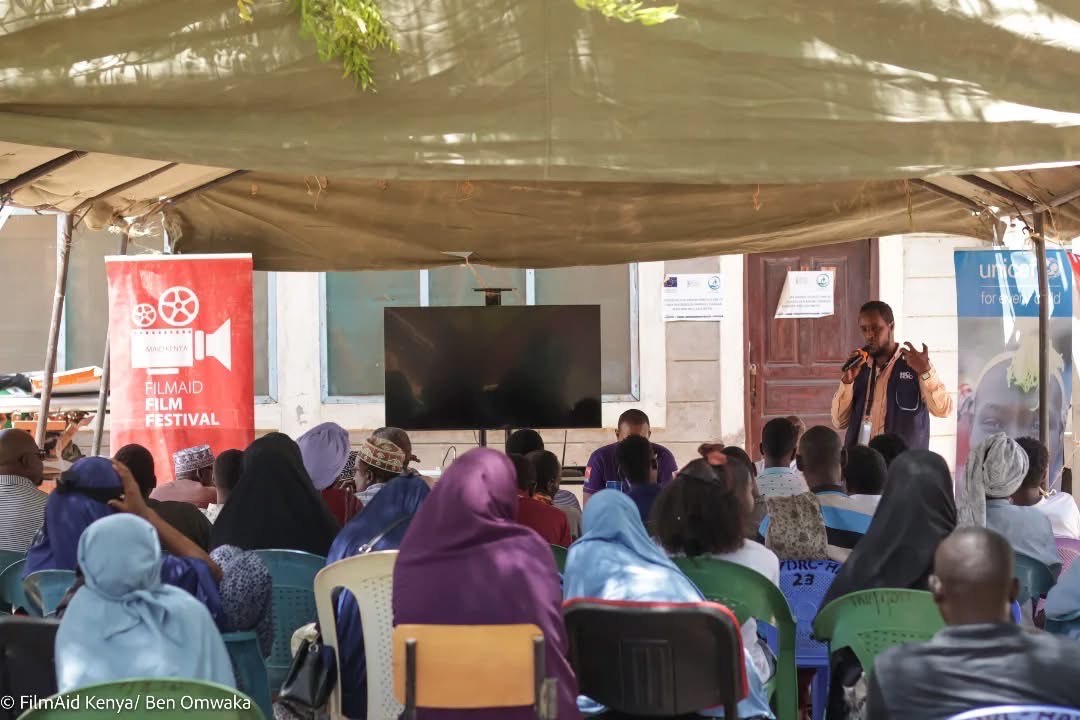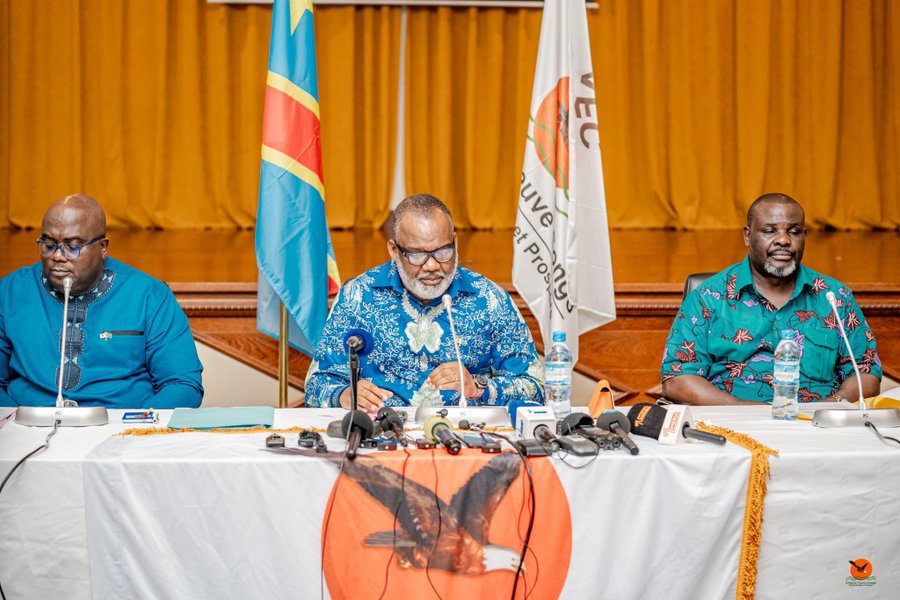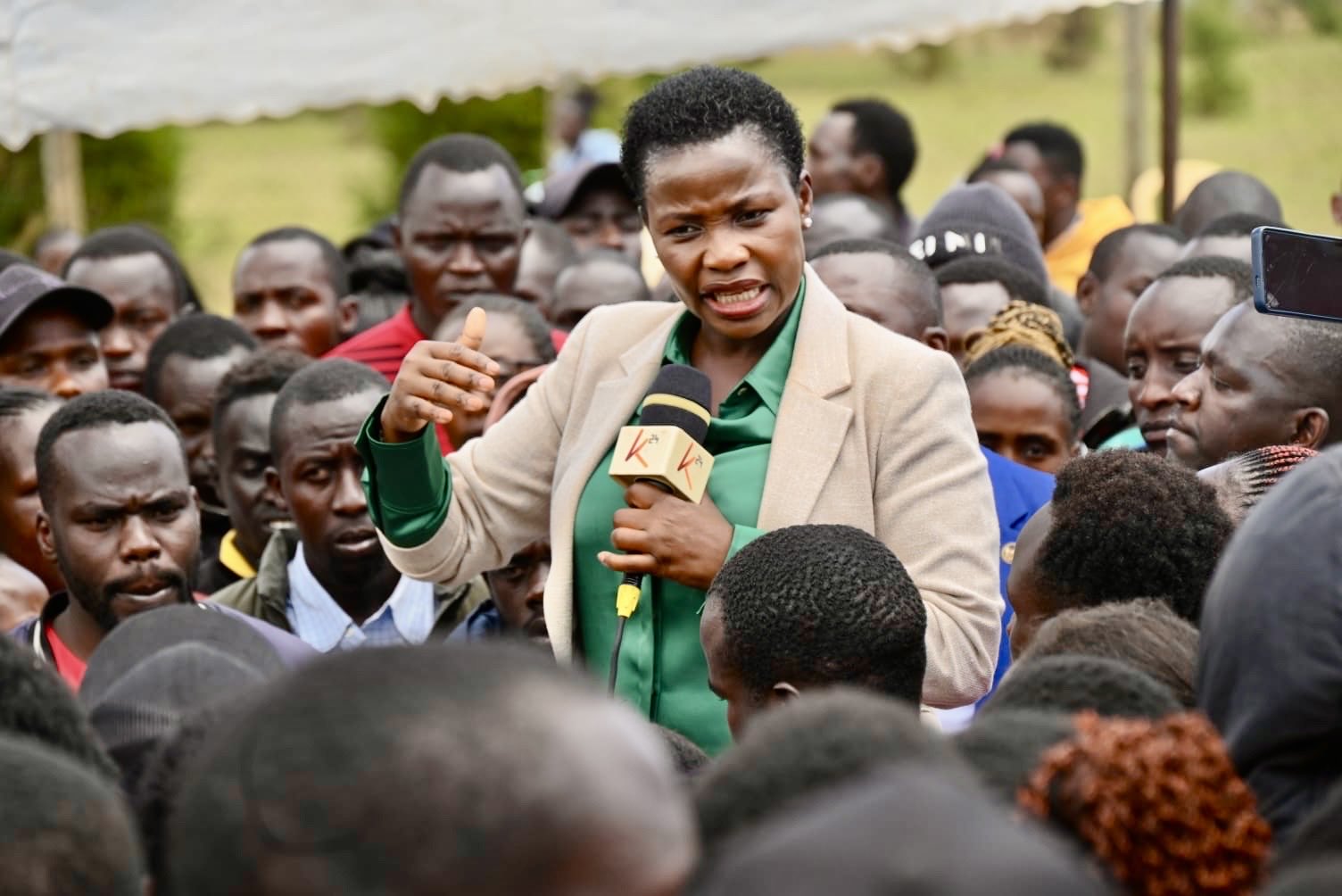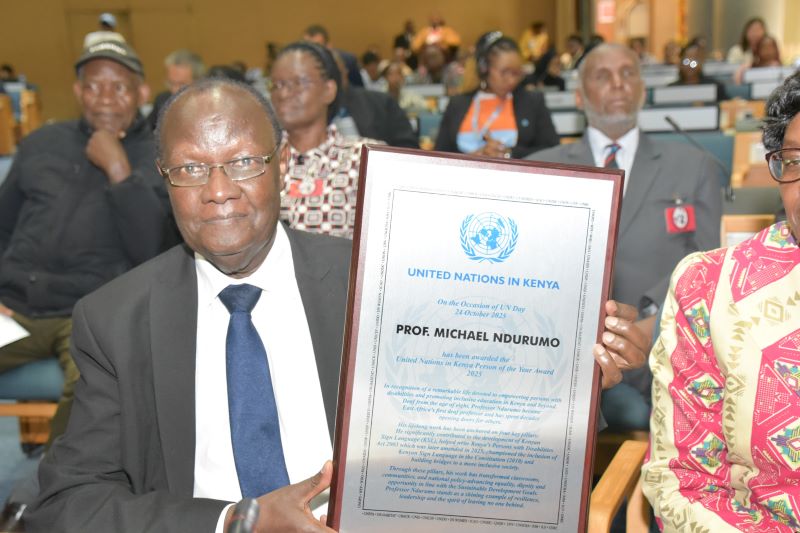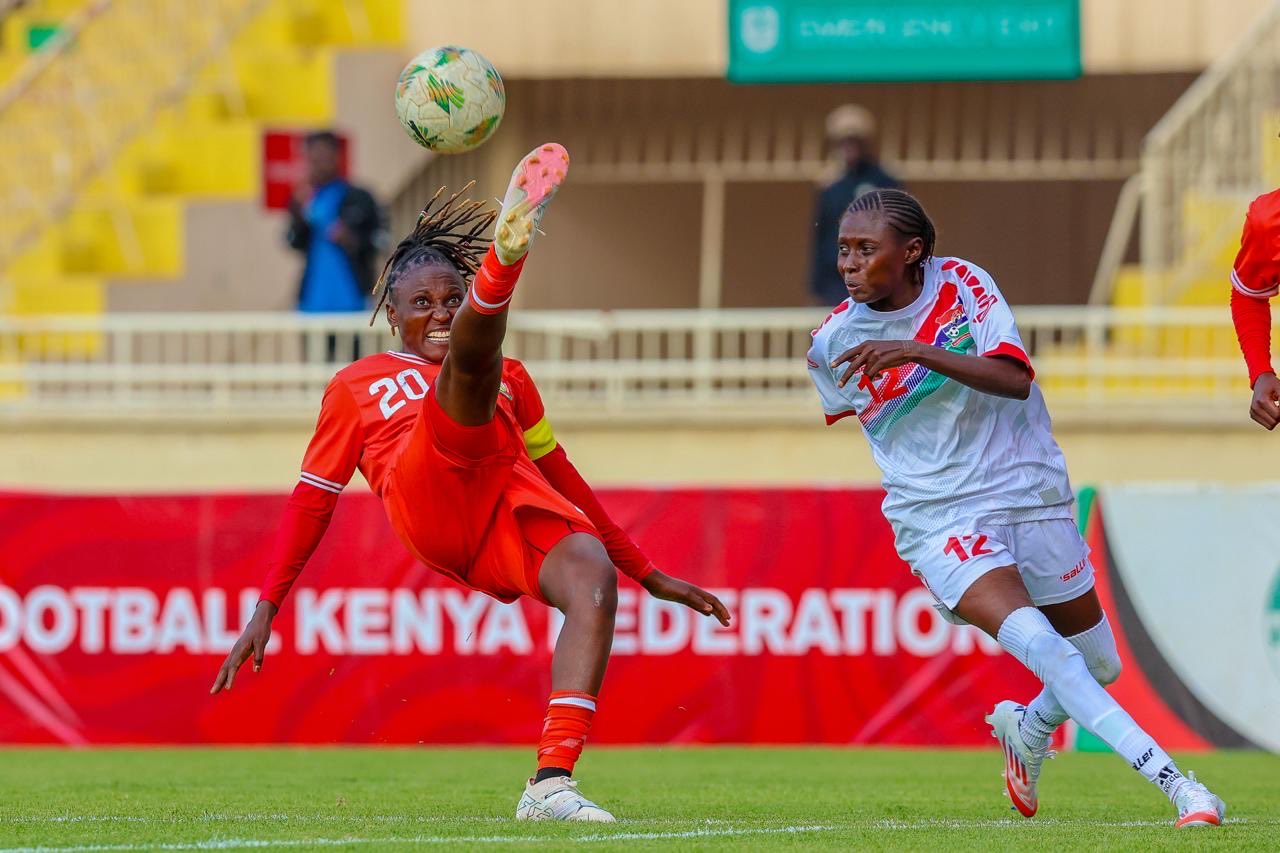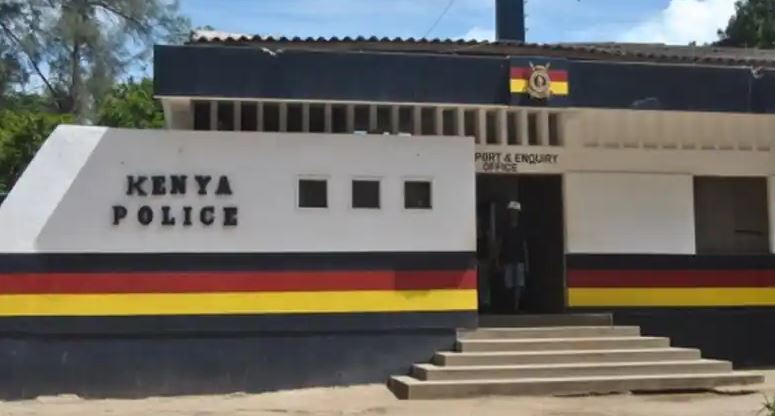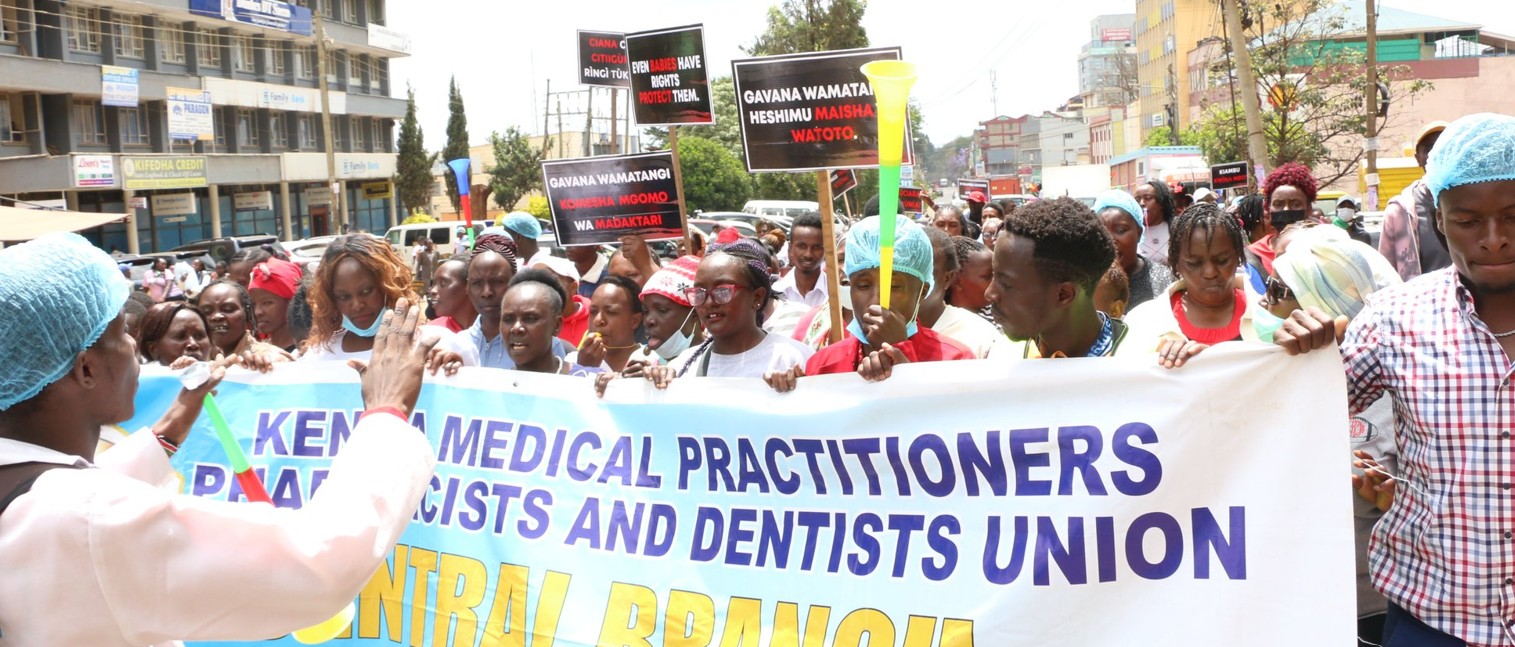FGM medicalisation in Garissa hinders eradication efforts- expert
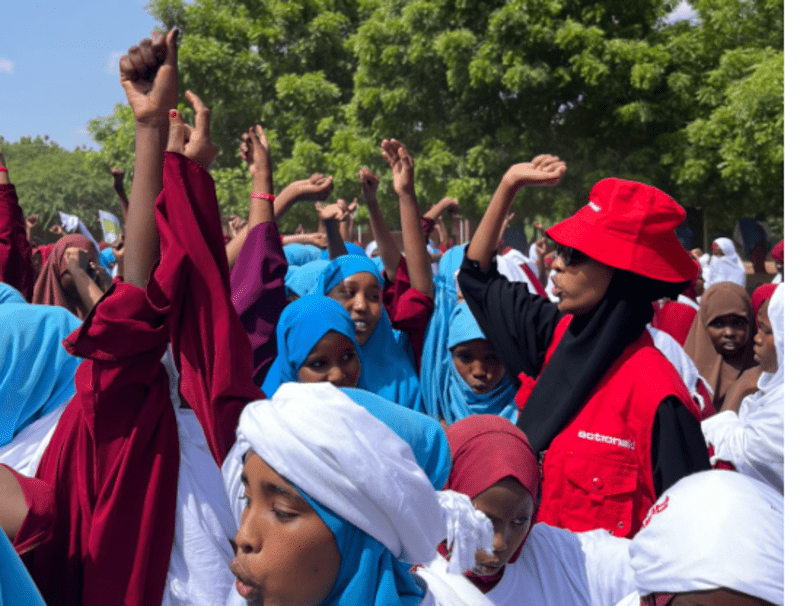
FGM is recognised internationally as a violation of human rights, health and integrity of girls and women.
Concerted efforts by different stakeholders to eradicate Female Genital Mutilation (FGM) in Garissa County have not yielded much with the prevalence standing at 83 per cent.
Project coordinator of Action Aid's Girl Generation Programme Zamzam Hassan said recently people with health backgrounds were doing the cut and this was hindering efforts to eradicate the vice.
More To Read
- WHO says polio eradication still feasible despite Sh219 billion funding cuts
- From silence to strength: The Kenyan women ending FGM and early marriages
- WHO says DRC could declare end of Ebola outbreak by December
- Last Ebola patient discharged as WHO starts countdown to end DRC outbreak
- WHO raises alarm as antibiotic resistance threatens global health gains
- Nowhere to run: How girls escaping harm still find themselves in unsafe spaces
She spoke on Tuesday at Hyuga Girl's Primary School when the world marked the International Day of Zero Tolerance for Female Genital Mutilation (FGM).
Zamzam said those who were undergoing the cut were around the age of five unlike in the past when they would circumcise girls at the age of eight.
This, she said, is to avoid detection by government agencies in case the girl misses school after undergoing the practice, thus hindering the eradication efforts.
"Medicalisation of FGM involves using anaesthetic by cutters or even people with health background offering to do the practice, these are issues that are contributing to high prevalence," she told Eastleigh Voice.
According to the World Health Organisation (WHO), the practice, which has negative health impacts is also shifting from type 1 and type 2 to type 3 and 4.
Type 1 which is also known as clitoridectomy refers to partial or total removal of the clitoris while type 2 is partial or total removal of the clitoris and the inner labia with or without excision.
Type 3 also known as infibulation involves narrowing of the vaginal opening by creating a covering seal while type 4 is all other harmful procedures to the female genitalia for non-medical purposes such as pricking, piercing, incising, scraping amongst others.
"All forms of FGM are harmful. We would like to urge our communities to stop circumcising girls. It is retrogressive harmful cultural practices that hurt girls and women," she said.
The event was attended by different partners including Haki Na Sheria Initiative, Silver Lining Kenya, Kenya Red Cross, Save the Children, Unicef, National Council for Population, among others.
Hawo Abdi Sahal, County Executive in charge of Youth, Culture, Gender and Sports, who was the chief guest at the event said FGM is a harmful practice that violates the fundamental human rights of girls and women.
She noted that it inflicts physical, psychological, and emotional trauma that can last a lifetime.
"FGM has no place in any civilized society, and it is our collective responsibility to eradicate it. As a county, we acknowledge that the fight against this harmful practice requires collaboration where each one of us has a responsibility," she said.
The CEC urged stakeholders to unite in educating, advocating and empowering girls to live with dignity, equality, and freedom to create a world where every girl can fulfil her aspirations.
FGM is recognised internationally as a violation of human rights, health and integrity of girls and women.
Top Stories Today


